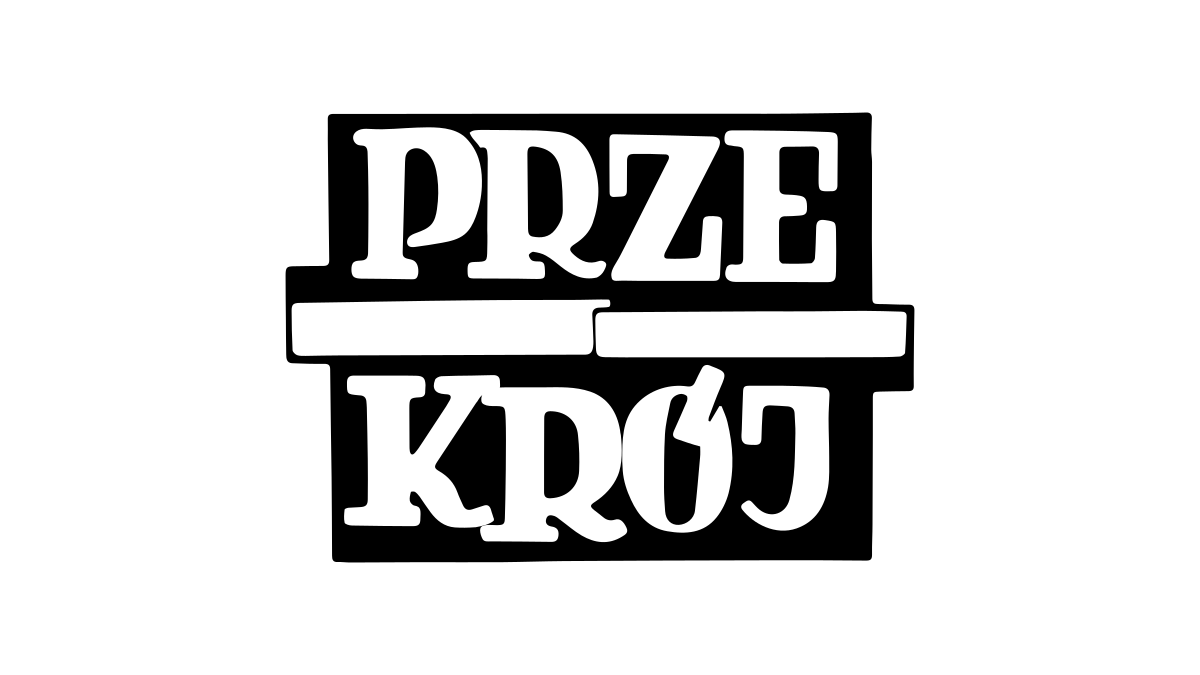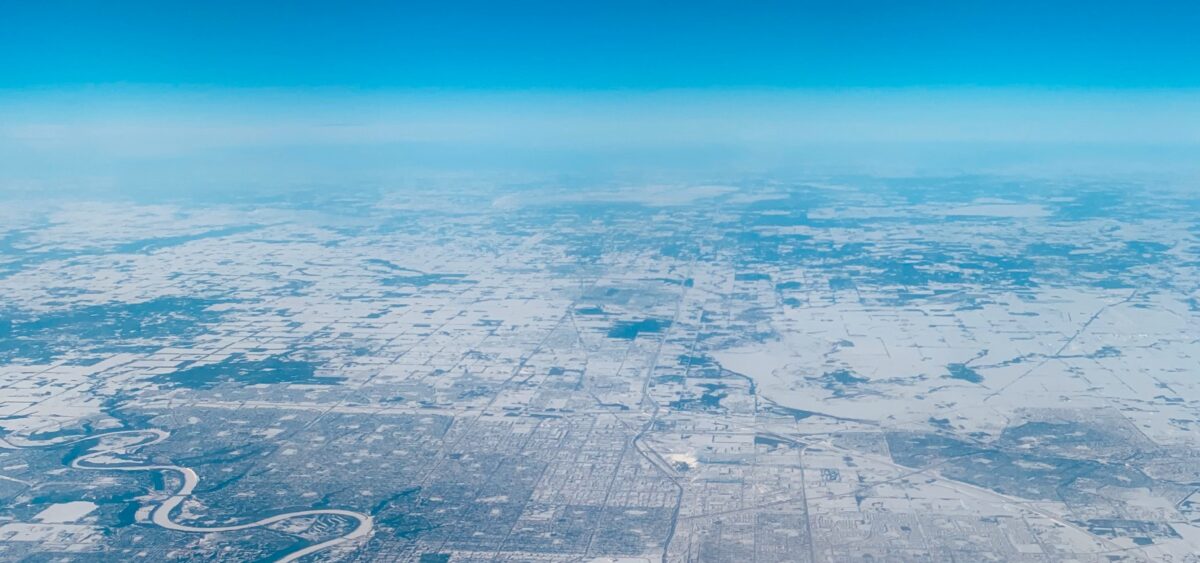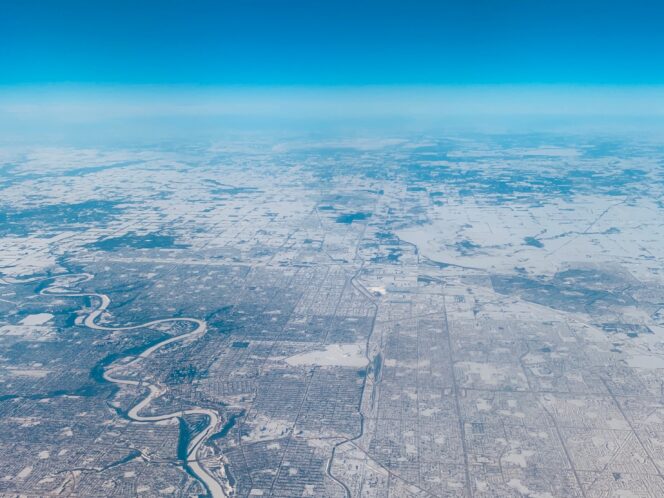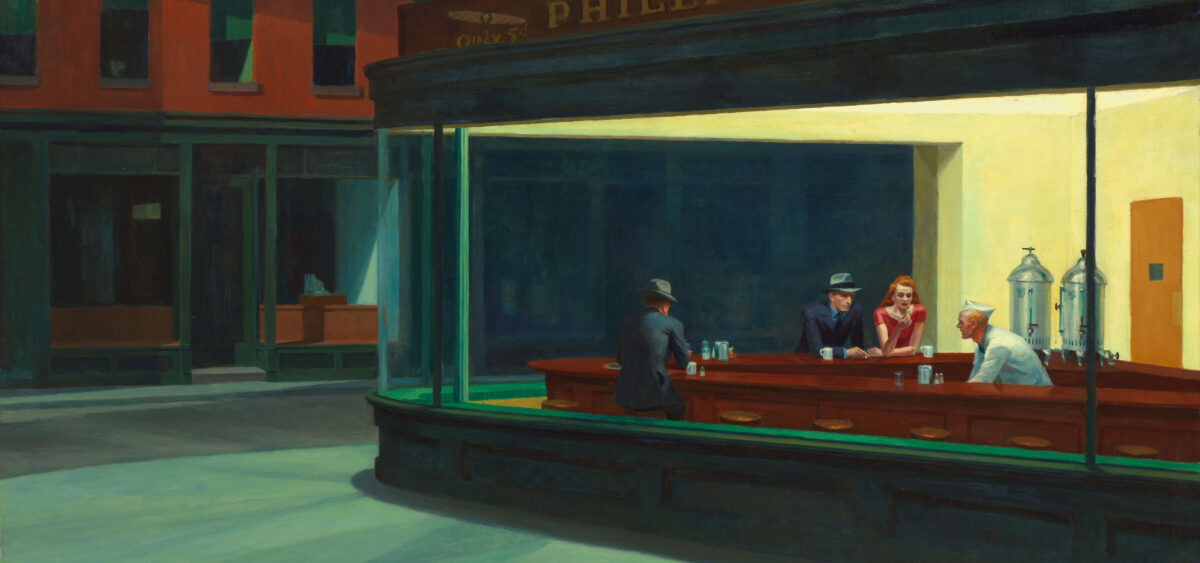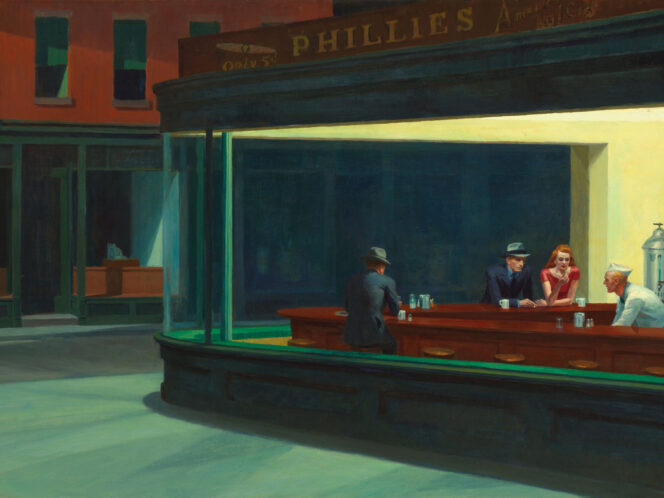
In her poignant Epoka człowieka. Retoryka i marazm antropocenu [The Human Epoch: The Rhetoric and Apathy of the Anthropocene], Ewa Bińczyk writes: “The Anthropocene desperately needs critical hope and conviction that constructive change is possible.” The philosopher examines the strange condition of mankind that has just reached the peak of its dominance, gaining the power to shape the entire geo- and ecosystem. Yes, we are living in the Anthropocene, the epoch of humans. Instead of rejoicing, however, we must accept that its swift culmination may equal an ecological apocalypse. And although we are well aware of the scenarios describing the approaching catastrophe, we are not able to take action that would protect us from the worst. Bińczyk sums up her work with a complaint: “How wonderful would it be to offer an array of inspiring utopias at the end of this work. Unfortunately, I did not come across any while examining the discourses of the Anthropocene.”
Is the situation truly as bleak as she claims? After all, there is no shortage of proposals for how to better organize the world. While the Kurdish Rojava are experimenting with the system of democratic confederalism, Bolivians and Ecuadorians have revised their constitutions to reflect the principle of buen vivir – ‘good living’ or ‘well living’ – questioning the idea
